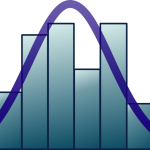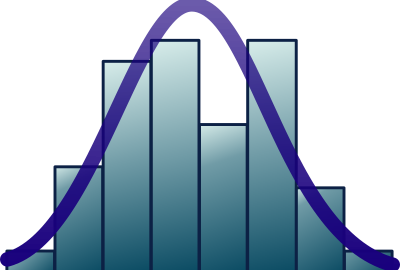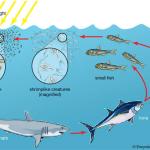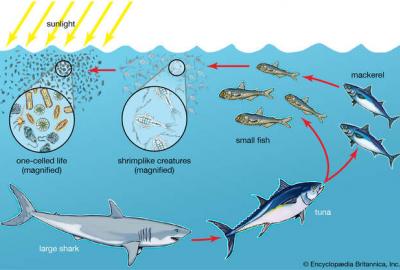Marine Genomics
The course deals with genome-enabled insights into the broader framework of environmental marine science. Topics within the course include evolutionary as well as functional aspects of genes, genomes and metagenomes of marine organisms from the individual to the ecosystem-level. pre-requisites. The course aims to provide students an introduction to the field of molecular ecology, specifically directed toward the marine environment on its organisms. The course is concerned with applying molecular population genetics, phylogenetics, as well as (meta-)genomics and (meta-)transcriptomics to traditional ecological and evolutionary questions (e.g., species diagnosis, conservation and assessment of biodiversity, quantitative genetics, heritability of traits and breeding studies, and questions of behavioral ecology).
Course Contents
The course is divided in modules which outline the use of genomic approaches, from the ecosystem-level, gradually narrowing to species-, population and individual -levels. Theoretical aspects and commonly used techniques will be demonstrated using examples and practical exercises from the marine environment. a) Community-level addresses the use of genome data in assessing community structure of marine ecosystems. Techniques discussed include amplicon sequencing, qPCR, metagenomics (+ metatranscriptomics, metaproteomics, metabolomics). b) Species-level offers an introduction to sequence alignment techniques, phylogenetics, species-delimitation, and phylogeography. c) Population-level addresses the factors influencing population structure such as genetic drift, dispersal, mutation and selection. These aspects will be addressed using traditional organelle (mtDNA) and co-dominant markers (e.g. microsatellites) as well as NGS-based genome reduction techniques (Radseq, GBS). Aspects of speciation in the marine realm will be addressed also. d) Individual-level: Heritability of physiological and morphological traits will be (Approved) 1 addressed using quantitative genetics, in combination with genome scans, QTL analyses and RNA-seq.
Final Competencies
1 The graduated student understands the ecological and evolutionary processes acting at the genomic level in populations of marine organisms.
2 The graduated student has a good knowledge of the terminology used in the field of molecular ecology.
3 The graduated student understands the underlying principles of the commonly used molecular techniques, including preservation of tissues and specimens.
4 The graduated student can make a considerate choice of molecular techniques to address specific ecologically or evolutionary questions.
5 The graduated student has acquired the knowledge to correctly analyse and interpret molecular datasets from the individual to the community level.
Further course information can be found here: https://studiekiezer.ugent.be/2025/studiefiche/en/C003871




